
China dethroned as US’ top source of imports, Wang and Blinken meet in Munich, hope for AI talks: 7 reads about US-China relations
- From top-level meetings and a century-old trade rule to AI discussions and a shock investment discovery by the House, here are a few highlights from the SCMP’s US-based correspondents in February 2024
1. Chinese foreign minister and US secretary of state meet in Munich
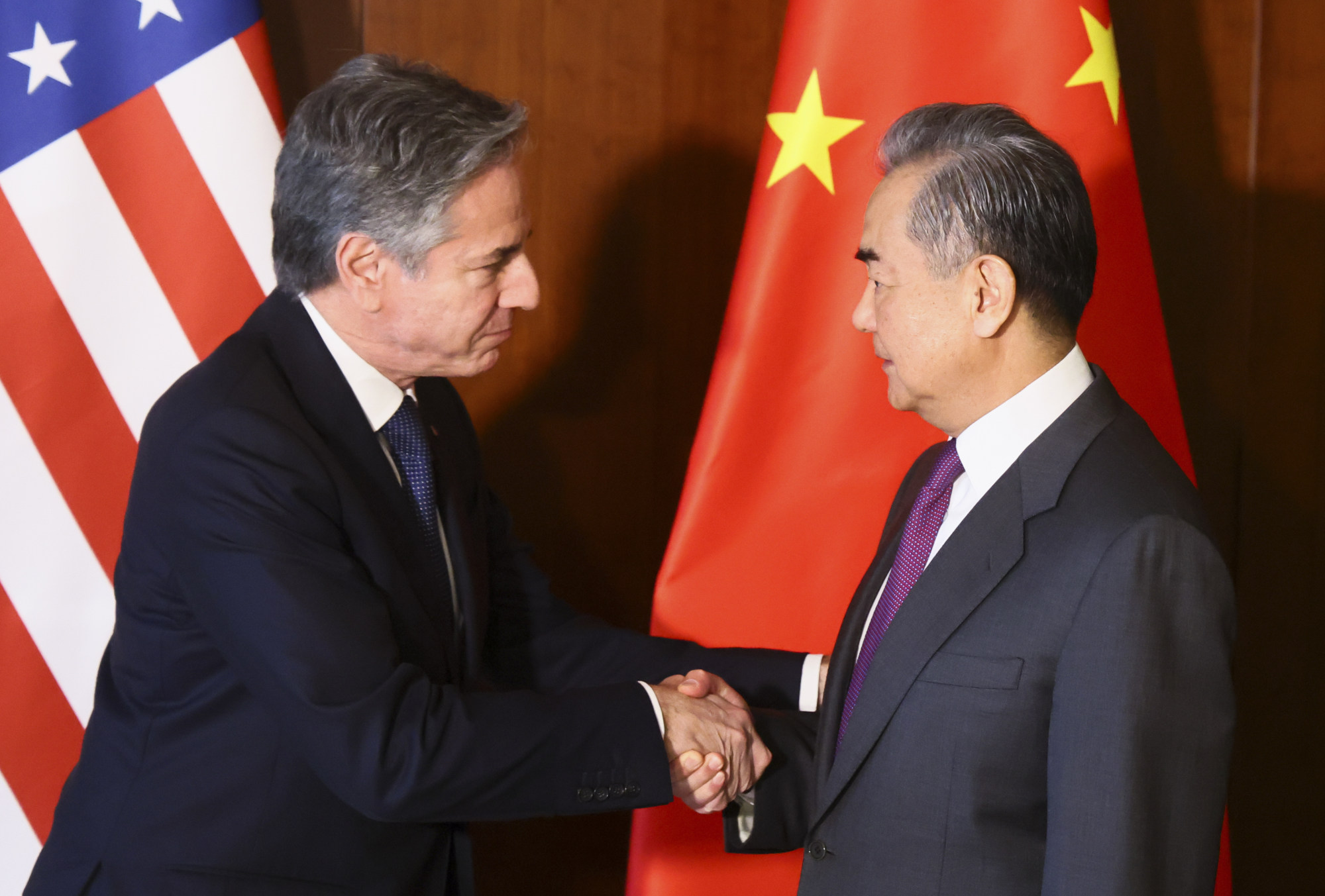
In February, Chinese Foreign Minister Wang Yi and US Secretary of State Antony Blinken met at the Munich Security Conference. The “candid and constructive discussion” came amid a relative thaw in bilateral ties. The talks touched on US concerns about stability in the Taiwan Strait and the South China Sea, as well as China’s perceived support of Russia in the Ukraine war, US State Department spokesperson Matthew Miller said.
2. TikTok CEO’s grilling on China ties could ‘undermine’ US image: Singapore envoy
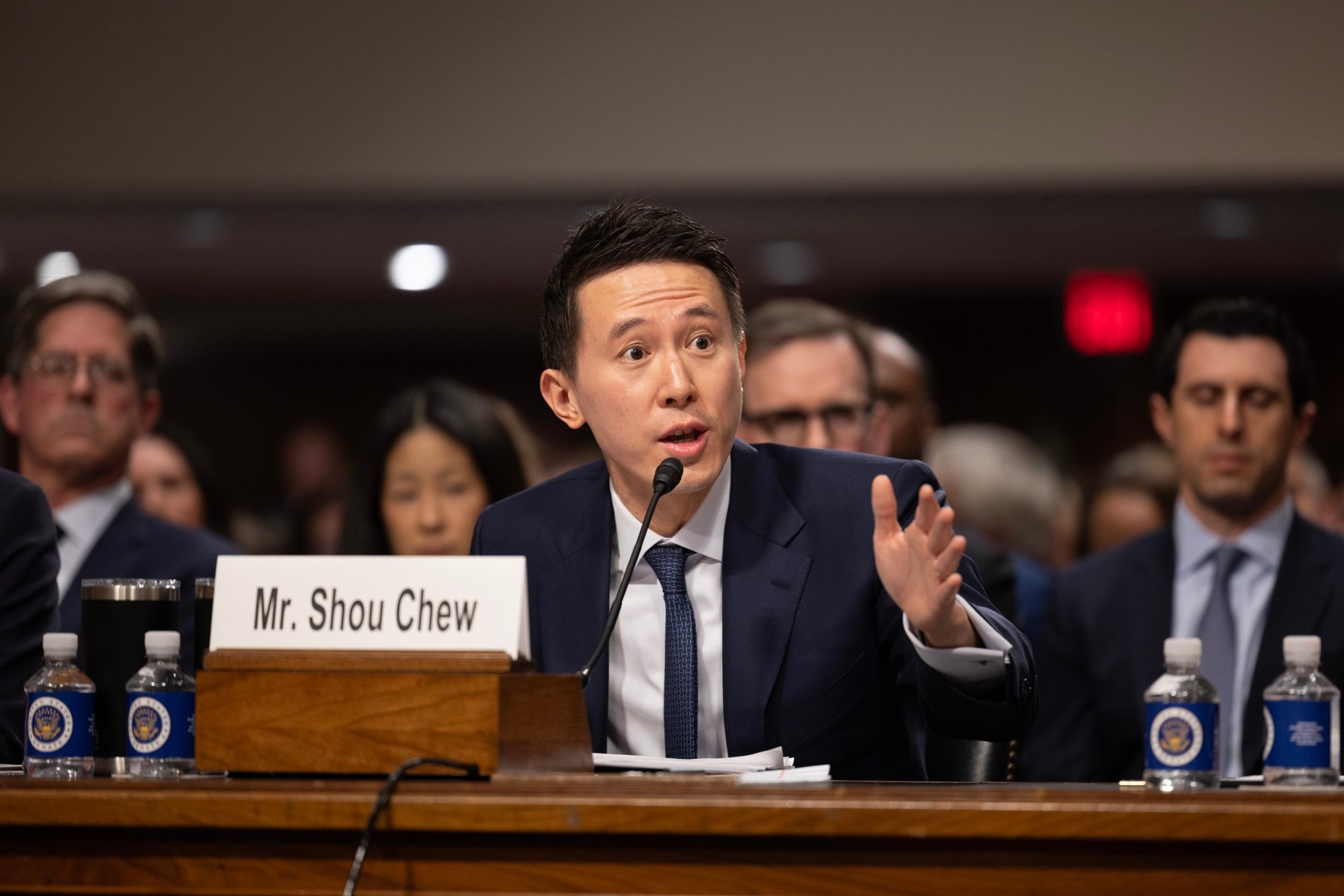
3. Why China hopes US won’t touch century-old trade rule for imports under US$800
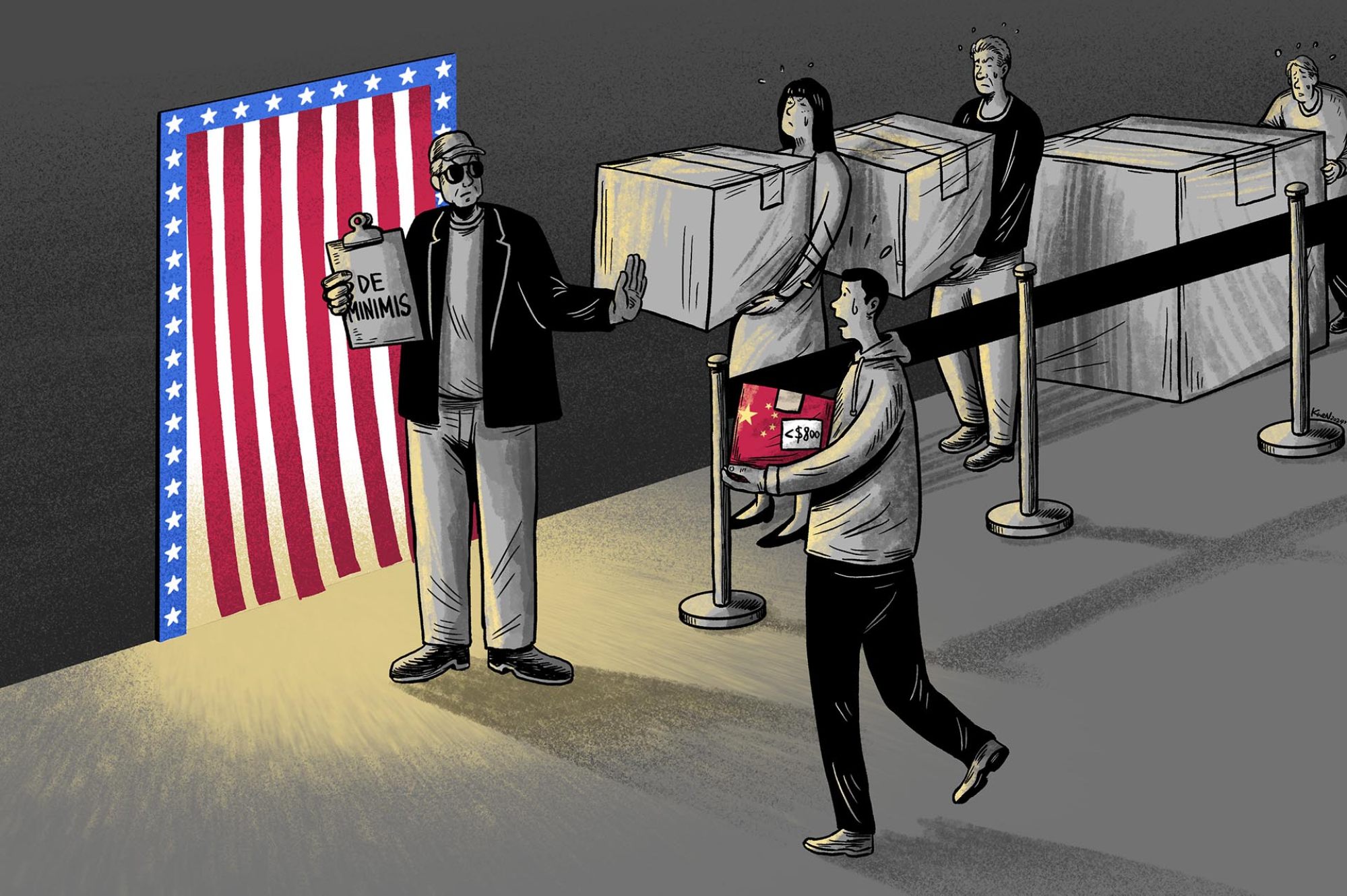
Amid a push to tighten a long-time trade rule, Chinese companies like Temu and Shein are flourishing, as parcels surpass a quarter of a trillion dollars in value annually. The century-old American trade provision known as the de minimis rule allows companies to ship packages worth under US$800 stateside without paying import duties, taxes or fees, or undergoing tedious screening procedures. US critics claim the rule has given Chinese e-commerce platforms and sellers an unfair advantage and squeezed out American retailers. “How the de minimis rule might change will be a critical issue to watch in 2024,” said Sheng Lu of the University of Delaware.
4. China’s 17-year run as top source of US imports ends as Mexico rises

In February, China was dethroned as the United States’ top source of imports after a 17-year run. In 2023, Mexico outpaced China in terms of the total value of goods shipped to the US, according to data from the US Census Bureau. Tariffs in place since Donald Trump’s presidency have hit direct shipments from China hard, and geopolitical frictions have clouded relations between the world’s two countries. Data showed that total US imports from China last year reached US$427.2 billion, falling by 20.3 per cent compared to 2022.
5. Nuclear weapons and poison pills: Washington, Beijing warily circle AI talks
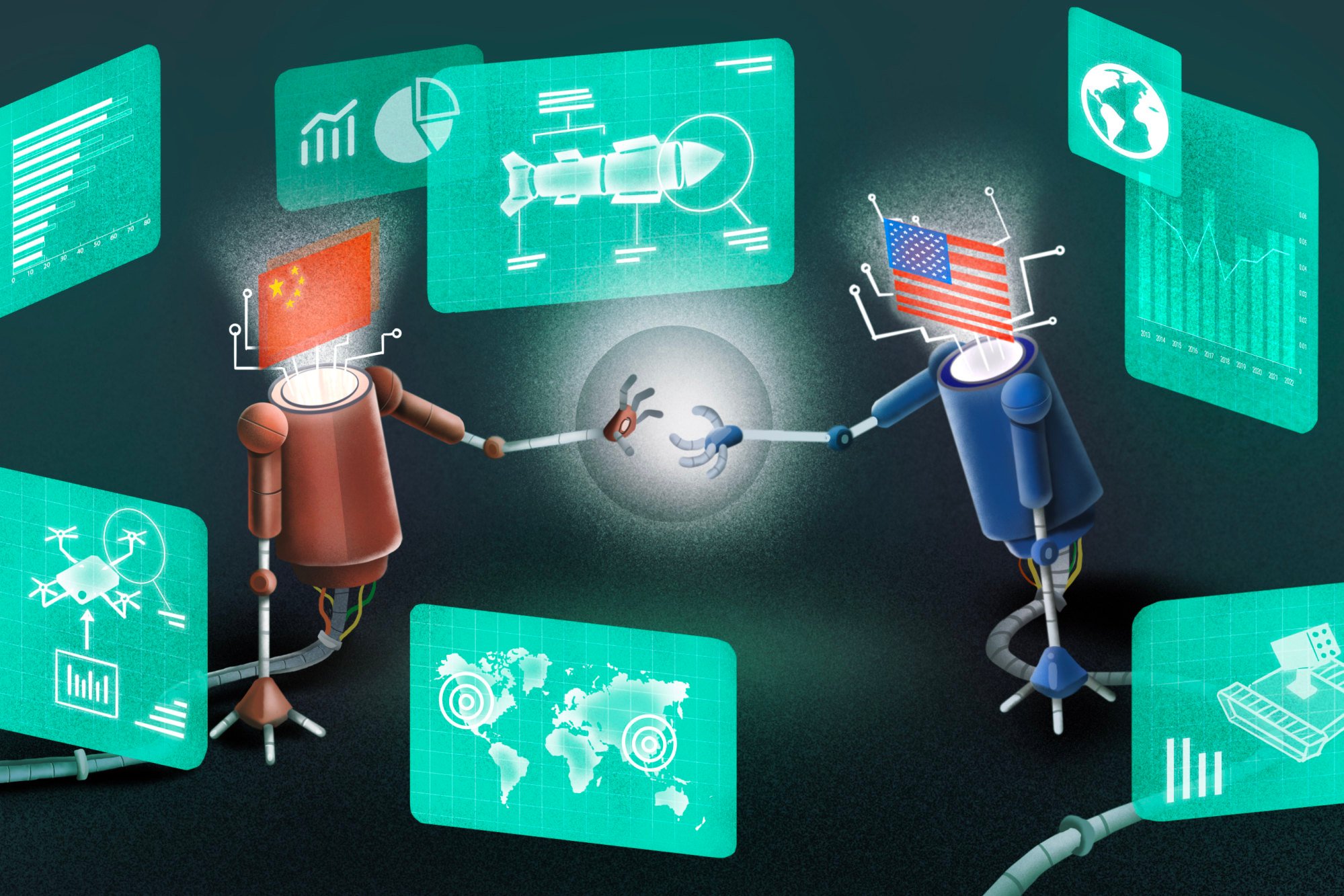
In a rare spot of good news for US-China diplomacy, it seems that there is “hope” for US-China talks on regulating artificial intelligence, according to Xiaomeng Lu, who is involved with the countries’ “Track 2” AI talks. “The common threat to the US and China these days is what AI can unleash, let’s say nuclear weapons, like a nuclear missile,” Lu said. “That’s a very dangerous threshold.” But it remains to be seen whether the countries – or their massive militaries – will see eye to eye.
6. 5 American venture capital firms invested over US$3 billion in China AI, semiconductors
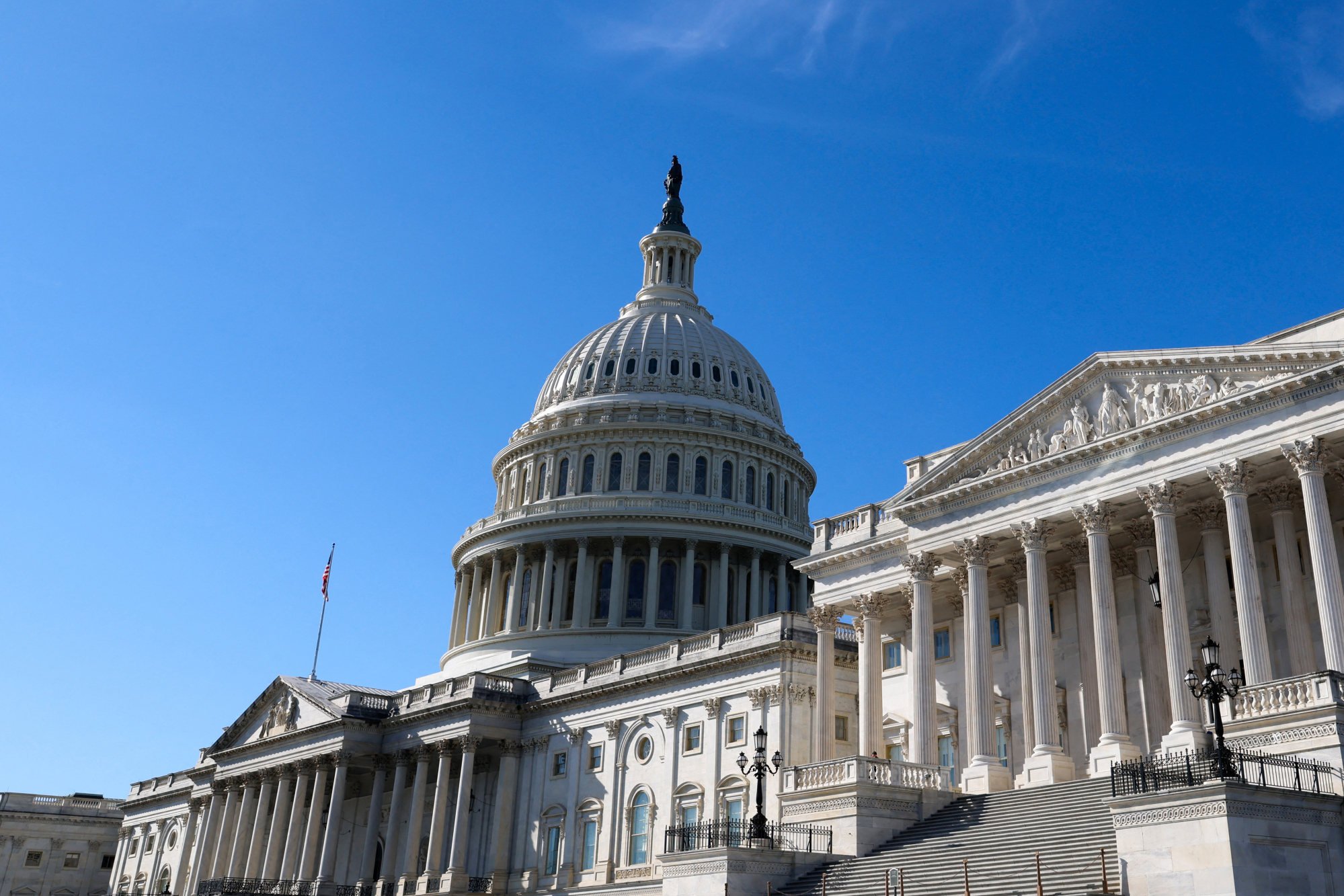
7. The food front: US farmers see sales to China picking up and hope for more
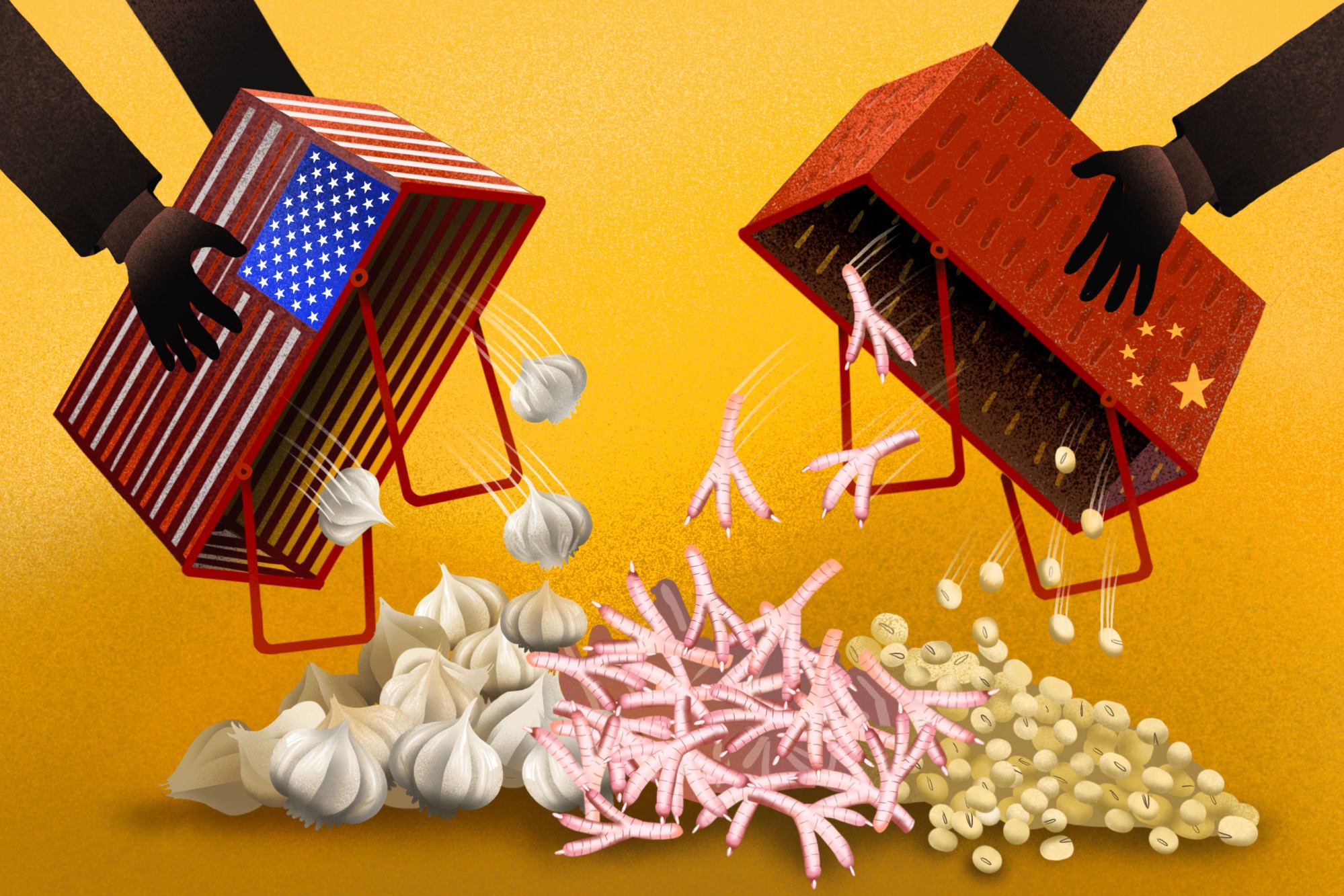
The US and China are picking up the pieces of their relationship in sectors like military dialogue and policing narcotics traffic, following years of tension. One overlooked aspect of the otherwise strained relationship is also easing – agricultural trade between the world’s two biggest economies. US farmers are seeing sales to China picking up and hoping for more. “There’s genuine interest on both sides to try to reset the relationship and, you know, hopefully improve things a little bit,” Grant Kimberley, marketing director at the Iowa Soybean Association, said.
Also from the Post’s US correspondents
China’s Latin American investments downshift to smaller, more strategic projects
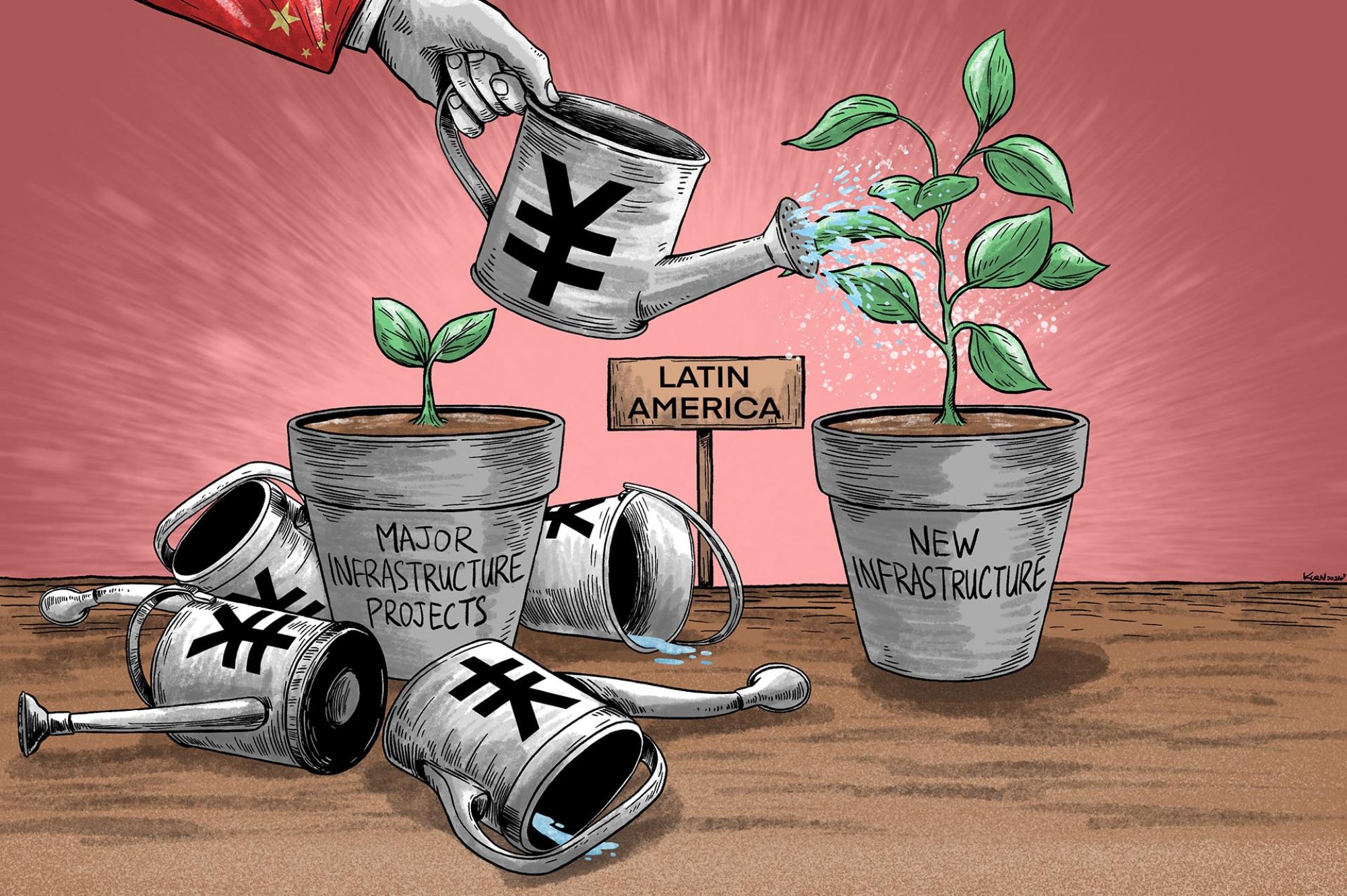
China has spent the last two years investing heavily in Latin America, with a particular focus on major infrastructure and exploitation of natural resources. But as China’s economy slows and some belt and road projects stumble on the continent, things appear to be changing. New data suggests that Chinese money is now flowing to smaller, more strategic projects, where there is less room for “very impactful error”, and in line with Beijing’s interests.

